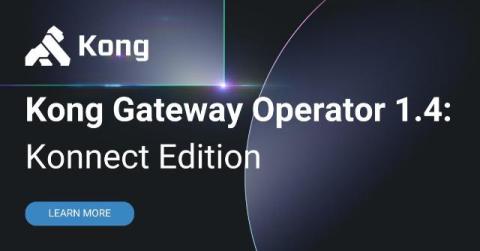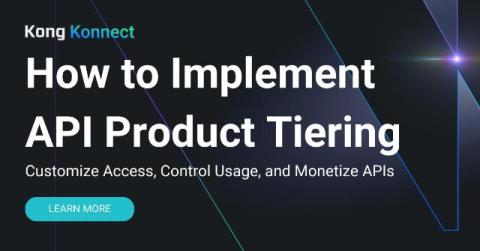Faster Config Updates in Hybrid Mode with Incremental Config Sync
In Kong Gateway 2.0, we released Hybrid Mode, also known as Control Plane/Data Plane separation. With it, our customers could efficiently and securely deploy clusters of Kong Gateway Dataplanes on their on-prem, private, and public clouds in any combination they wanted, and they could control the entire cluster from a single point, the Control Plane. Hybrid Mode became instantly popular with all our customers with large and varied deployments, due to the increased flexibility and ease of management.











